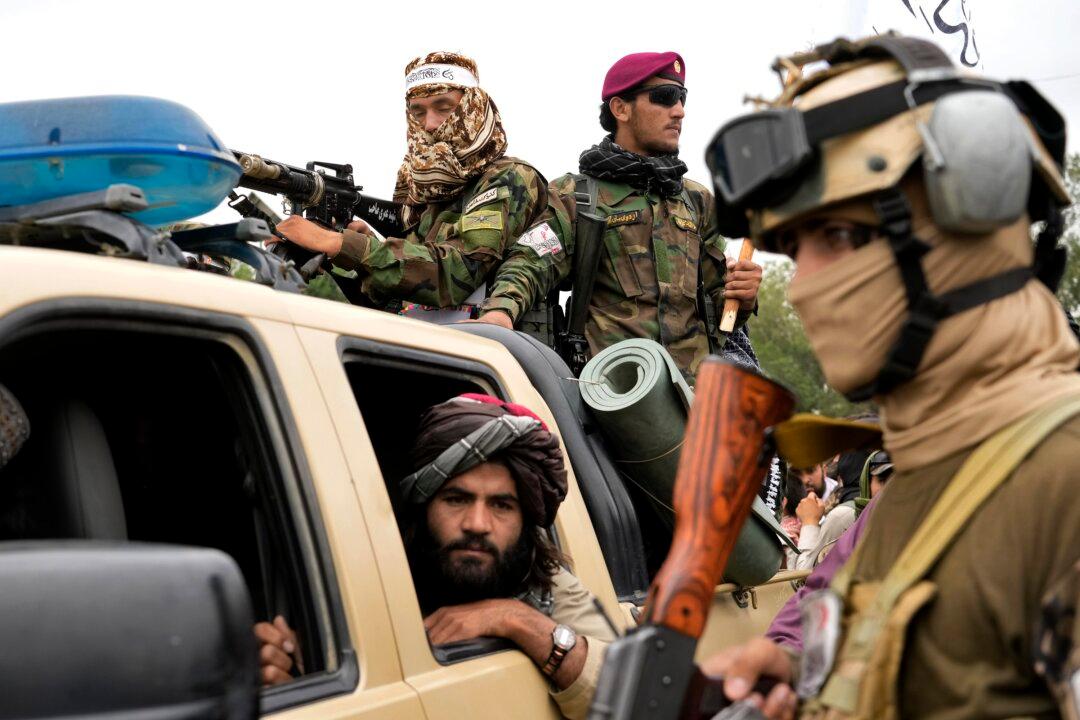Russia is moving to drop the Taliban’s designation as a terrorist organization, while urging the West to lift its own sanctions on Afghanistan, which the Taliban controls.
“Russia is finalizing work to remove the Taliban movement from its list of organizations designated as terrorist,” Alexander Bortnikov, director of the Russian Federal Security Service, announced on Oct. 4 during a meeting of national security chiefs from former Soviet states in Astana, Kazakhstan, as reported by Russia’s state news agency, TASS.





